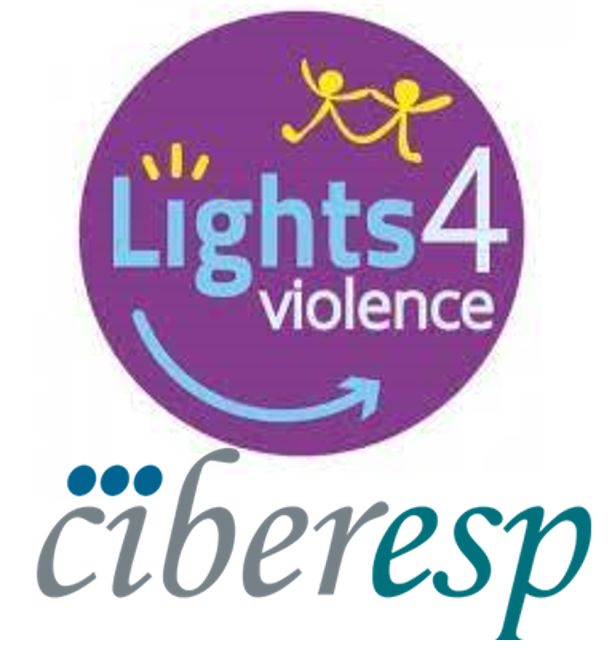Authorship: Barbara Jankowiak, Sylwia Jaskulska, Belén Sanz-Barbero, Katarzyna Waszyńska, Karen De Claire, Nicola Bowes, Estefânia Silva, Sofia Neves, Natalia Albaladejo-Blázquez, Jacek Pyżalski, Iwona Chmura-Rutkowska and Carmen Vives-Cases
Abstract
Self-esteem seems to be a crucial factor in adolescents’ psychological well-being. Our study aimed to identify the likelihood of high/medium/low adolescents’ self-esteem in personal experiences of abuse and/or violence (abuse by an adult in childhood, bullying and cyberbullying, and dating violence victimization), different socioeconomic characteristics, perceived social support, and ability to resolve social problems. The study participants were 1451 students from secondary schools (age 13–16) in Spain, Italy, Romania, Portugal, Poland and the UK. We calculated relative risk ratios using multinomial regression models to understand how socioeconomic characteristics, personal experiences of abuse and/or violence, perceived social support, ability to resolve social problems were associated with a self-esteem level. Having no experience of being a victim of physical and sexual abuse in childhood and not being a victim of bullying and cyberbullying is connected with the likelihood of high self-esteem regarding having low self-esteem. Taking as reference those who have never been in a dating relationship, the probability of medium and high self-esteem, decreases when teens are in a romantic or dating relationship and they are victims of intimate partner violence, but the negative effect is explained when other violent variables are included in the model. Being a boy, begin a younger teenager, mother’s paid work, high problem-solving skills and perceptions of social support is in relation with the prospect for higher self-esteem. Promoting adolescent self-esteem means preventing all forms of violence perpetrated by significant others, as well as increasing the ability of youth to seek social support and develop problem-solving skills.
